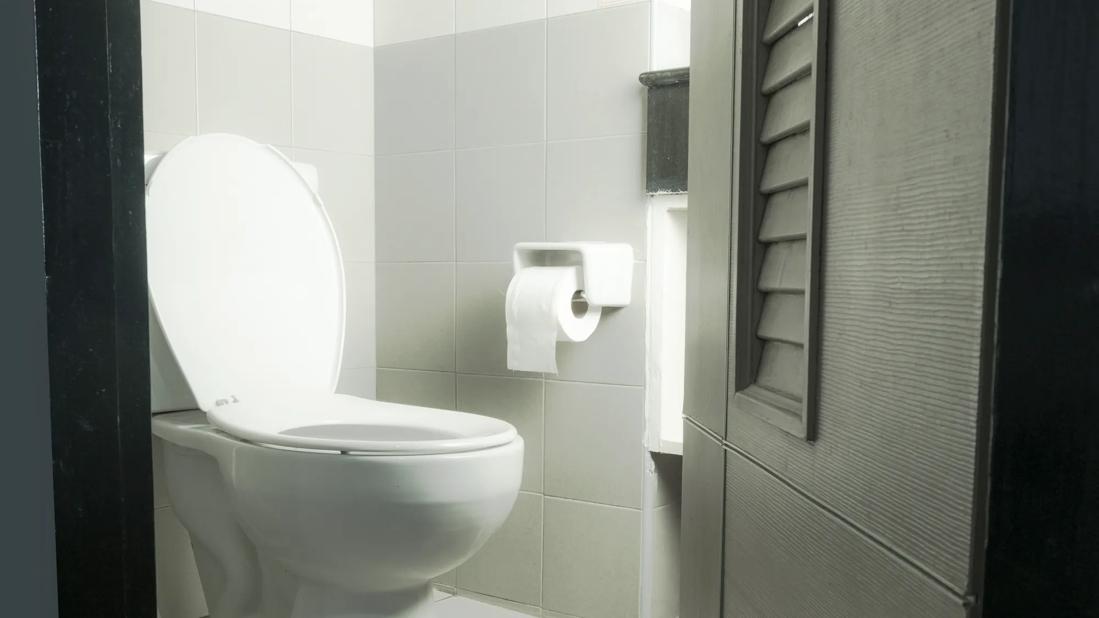Going seven times a day is average, but more or less can be OK, too, as long as you’re not experiencing drastic changes

Image content: This image is available to view online.
View image online (https://assets.clevelandclinic.org/transform/02958345-8cfb-4b35-88a1-2414fa98ede8/open-door-to-toilet-1163741321)
An open door leading to a toilet
It seems like little kids have to use the bathroom all the time. But the older you get, the less often you’re expected to go.
Advertisement
Cleveland Clinic is a non-profit academic medical center. Advertising on our site helps support our mission. We do not endorse non-Cleveland Clinic products or services. Policy
So, how often should you pee, anyway? Is once every hour OK? What about every two hours? Three?
There isn’t just one answer when it comes to how often nature should call, says urologist Raevti Bole, MD.
“Some might urinate 10 times a day, and that’s perfectly OK if it’s not bothersome to you,” Dr. Bole says. “Others may go only four times over a 24-hour timeframe, and that’s also usually fine.”
The same goes for every digit in between, too. But why is there such a range, and what causes that range to fluctuate?
How often you have to pee depends on:
“What’s normal for one person may be quite different for someone else,” she notes.
Dr. Bole explains more about how often you should pee, including what may signify cause for concern when it comes to peeing too much (or too little).
Everyone’s body and habits are different — and even your own body and habits can differ from day to day!
“The average number of pee breaks from morning to night usually falls around seven, but your restroom trip count can vary widely based on a variety of factors,” Dr. Bole says. “And it’s not unusual to have high- or low-flow urine days.”
Advertisement
She runs us through the factors that influence how often you have to pee:
When it comes to peeing, there’s no definitive “normal” that fits all — but there’s probably an individual normal for you.
“Any significant changes could be a signal from your body that something is off,” Dr. Bole warns. This includes:
A sudden increase in urinating could be caused by:
On the other hand, a pronounced decrease in the need to pee could be a sign of issues, like urinary retention, when the bladder doesn’t empty the way it should. In men, decreased urination can be a sign of prostate problems.
“Talk to your healthcare provider if you have questions or concerns about how often you’re urinating,” she advises, “particularly if an unusual and unexplained pattern develops and lasts more than a few days.”
One last thing: If you do make an appointment to speak with a healthcare provider, expect at least one of that day’s restroom stops to take place at their office. You’ll likely be asked to give a urine sample for analysis.
Advertisement
Advertisement

Sign up for our Health Essentials emails for expert guidance on nutrition, fitness, sleep, skin care and more.
Learn more about our editorial process.
Advertisement
Urine can contain bacteria, viruses and more — don’t drink it or use it to clean wounds
Don’t ‘go with the flow’ if you have issues with urge incontinence or a contagious infection
Pee is usually odorless, but if it’s stinky, your diet is the most likely culprit
An enlarged prostate, diuretics and bladder irritants can all contribute
Try elevating your legs during the day and stop drinking two hours before bed
Find out whether you should head to the bathroom after the bedroom
It’s completely normal for the color of your urine to vary a little day by day, but it should stay within a certain range of yellow
Why this strange symptom might spell double trouble
Prioritize your health by managing stress, strengthening your social connections and getting quality sleep
Bolsters, blankets, pillows and blocks can offer extra support, stability and comfort
Allergies, postnasal drip, asthma or reflux could be to blame for a cough that won’t quit